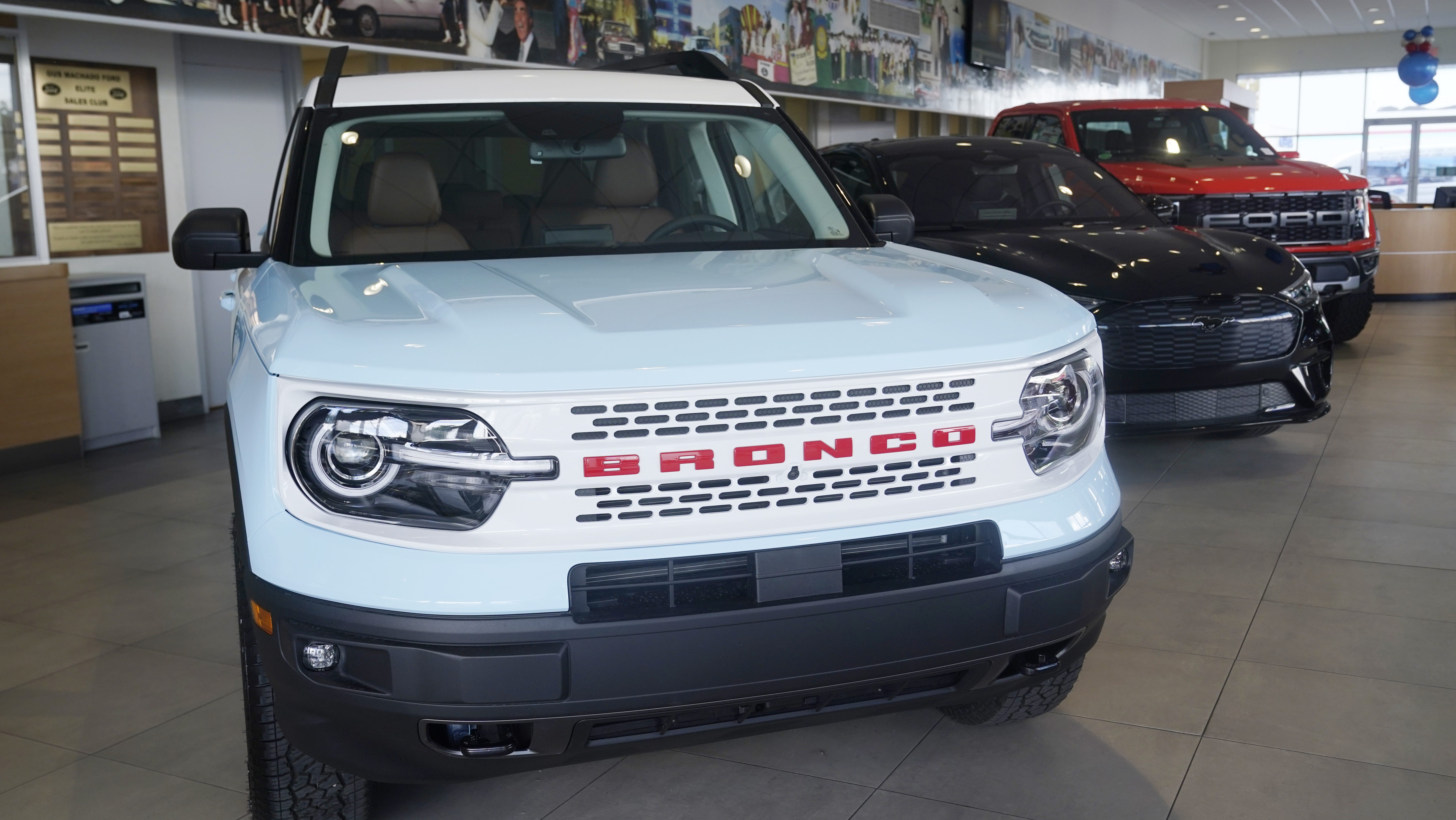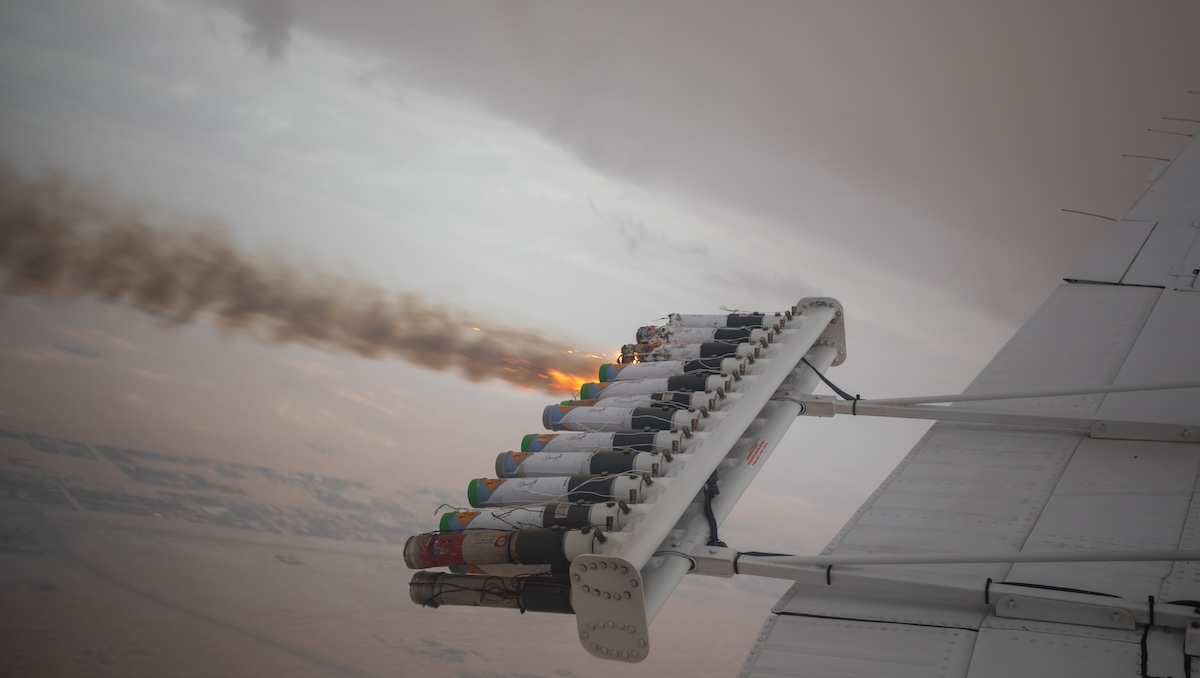When you go to the dog park, you’re guaranteed to see a few things: dogs, of course, their owners, maybe a few tennis balls, and you always need to watch where you step.
Stephanie Culler, Ph.D., is the CEO and co-founder of Persephone Biosciences, Inc. It has been around for four years and is a part of the Johnson & Johnson Innovation incubator called JLABS. Their lab is located in Torrey Pines.
One of the main goals of Persephone Biosciences is to learn what microbiomes are missing from people who are battling cancer and not responding to treatment, then create a therapeutic to help replace those microbiomes.
That is where Culler ran into a hurdle. To study what microbiomes are missing, she needed samples from humans that were not easy to get.
Get Southern California news, weather forecasts and entertainment stories to your inbox. Sign up for NBC LA newsletters.
“We get a lot of number two jokes,” Culler said with a shrug and a quick laugh, while she proudly stood in front of a poop emoji piñata. She has a sense of humor about her work because she understands that it makes some people uncomfortable.
“We look at poop,” Culler said matter-of-factly. “We had to beg people to give us poop samples, something they flush away every day. People really didn’t want to give us samples.”
Culler decided that it might be easier to get samples from animals, rather than humans, and she was right. They have been able to collect more than 300 samples from dogs in just a few weeks. It took them six months to get a similar number of samples from humans.
“Thank goodness,” Culler said. “Unlike humans, dogs don’t have an opinion about going to the bathroom.”
While Culler said the animals typically observed for research are mice, they opted for dogs because they often live in the same environment as people, drink the same water and even sometimes eat the same food.
“Unfortunately, mice have very little in common with our microbiome, maybe less than 4%,” Culler said. “We have been fascinated by the fact that man’s best friend has 60% or more in common in their microbiome.”
U.S. & World
News from around the country and around the globe
The collection process is simple.
Once a dog goes to the bathroom at the park and the owner picks it up, they are able to bring the bag over to Culler and her team. The owner is then asked to fill out a questionnaire that asks about the dog’s habits/lifestyle and gets rewarded $5 in exchange.
Emma DenBesten filled out a form after handing over a bagged sample from her mixed-breed dog named Lucky.
“You know, he does his business, as usual, I pick it up as usual and these sweet people offered me five bucks for it,” DenBesten said. “So now Lucky’s paying rent or trying, you know, one poop at a time.”
Once a sample is collected, it is taken to the lab where it is observed. This allows Culler and her team to pinpoint what microbiomes a healthy dog has, compared to a dog that is battling cancer, making them one step closer to finding what could be replaced with a treatment.
While the original goal was to find a way to help humans, Culler now aims to come up with a way to replace healthy microbiomes in dogs too. To participate or learn more about this research, click here.



